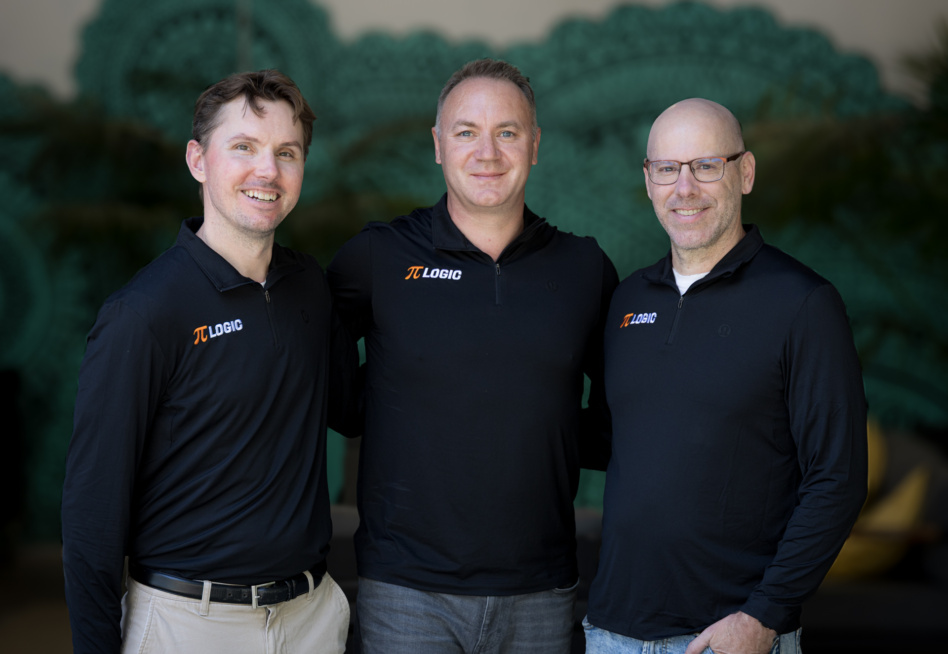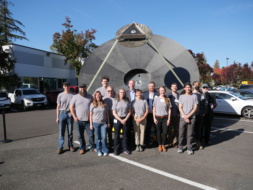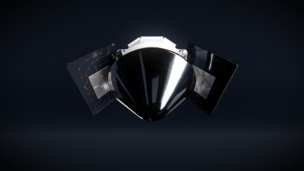Pushing computer reasoning into space isn’t easy—AI needs powerful processors and lots of training data, and it still isn’t reliable enough for mission-critical operations.
PiLogic, a California startup, is offering another answer: Novel computational techniques that allow reasoning software to be efficient and accurate enough for orbital deployment. The company’s first products will be software models for tracking space debris and diagnosing satellite malfunctions.
The company announced the closing of a $4M seed round today, led by Scout Ventures and Seraphim Space, with participation from Flex Capital, FN Fund, and investor Gokul Rajaram.
Starting lineup: PiLogic was founded by CEO Johannes Waldstein, CRO Geoff Bough, and CTO Mark Chavira. All three have experience deploying AI at ad tech and gambling companies, but Chavira provides the secret sauce here: While working as a Raytheon engineer for more than a decade, he obtained a PhD focused on Bayesian reasoning (an application of probability theory) and developed the computing techniques PiLogic now aims to commercialize.
Is it AI? Sure, why the hell not? But these aren’t deep learning techniques like those used by LLMs; the term of art here is “automated reasoning.”
Instead of relying on training data, PiLogic builds detailed models of what the software needs to understand—for example, the physics of space debris or the electrical systems of a satellite—and applies its reasoning engine to the problem. The models don’t scale as fast as machine learning, company officials say, but arguably provide faster and more reliable answers.
“Machine learning wants to have seen the pattern before, and if you’ve never seen that pattern before, then logical and probabilistic reasoning is a better way to solve it,” Waldstein tells Payload.
Cred check: PiLogic points to a 2008 NASA working paper that uses these techniques to diagnose electrical faults and a 2021 evaluation that found one of Chavira’s approaches among the fastest in a set of different inference models.
Roadmap: With its capital, the company plans to increase its staff from five to around fifteen people, hiring AI experts to develop and deploy these models. PiLogic is in talks with satellite firms to trial its diagnostic software, and is partnering with an undisclosed organization to trial its radar model on real data collected by the US government.




